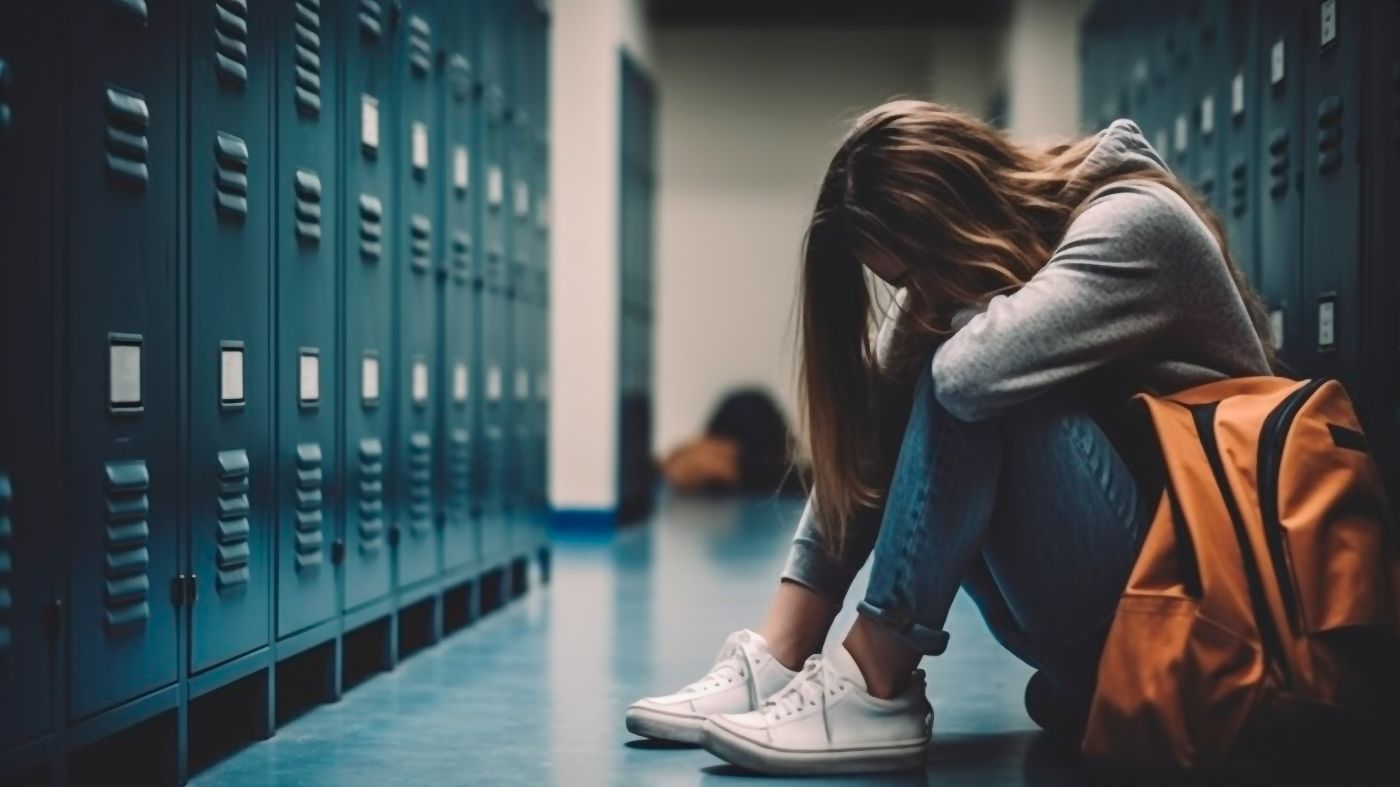
At The Law Office of Nigel M. Atwell in Washington, D.C., we understand that discrimination in schools can have long-lasting effects on students and their families. Federal and local laws in Washington, D.C. protect students from discrimination based on race, gender, disability, national origin, religion, and other protected characteristics.
Education law provides clear legal standards for identifying and addressing discriminatory practices in both public and private schools. However, proving discrimination often requires substantial evidence and an understanding of legal processes.
Families seeking justice for their children must be prepared to demonstrate how school policies or actions have resulted in unlawful discrimination.
Discrimination in Schools
Education law prohibits discrimination in both public and private educational institutions, though the legal standards and enforcement mechanisms may differ. Public schools, as government entities, are bound by federal statutes such as Title VI of the Civil Rights Act, Title IX, and the Individuals with Disabilities Education Act (IDEA).
These laws require schools to provide equal access to educational opportunities without bias. Private schools, while not directly governed by the same federal laws, may still be subject to anti-discrimination provisions if they receive federal funding or if state and local laws impose additional requirements.
Discrimination in schools can take many forms, including unequal discipline, denial of educational services, harassment, and exclusion from programs. Schools may not openly admit to discriminatory practices, which means that families must recognize patterns of unfair treatment.
If a school enforces policies that disproportionately affect certain students or fails to intervene in cases of bullying or harassment, those actions may violate education law.
Identifying Discrimination in Public Schools
Public schools in Washington, D.C. must comply with federal and local anti-discrimination laws. Title VI of the Civil Rights Act prohibits discrimination based on race, color, or national origin in schools that receive federal funding.
Title IX mandates equal treatment regardless of sex, covering areas such as athletics, admissions, and sexual harassment policies. Section 504 of the Rehabilitation Act and IDEA provide protections for students with disabilities, requiring schools to offer accommodations and individualized education plans (IEPs).
Patterns of discrimination can emerge through disparities in discipline, tracking into lower-level courses, denial of special education services, or failure to address harassment.
If a school disproportionately suspends or expels students of a particular race or limits access to advanced courses for certain groups, those actions may suggest discriminatory practices.
Similarly, if students with disabilities are denied appropriate accommodations or placed in restrictive environments without justification, those practices may violate education law.
Proving discrimination in public schools requires gathering records, comparing how policies are applied to different students, and demonstrating that school officials have failed to address concerns.
Families may seek recourse through administrative complaints with the U.S. Department of Education’s Office for Civil Rights (OCR) or legal action in court.
Recognizing Discrimination in Private Schools
Private schools, unlike public institutions, have more autonomy in setting admissions criteria and disciplinary policies. However, if they receive federal funding, they must comply with Title VI, Title IX, and Section 504, among other laws.
Washington, D.C. also has local anti-discrimination laws that may apply to private schools, particularly in areas such as student discipline, admissions policies, and access to school programs.
Even when private schools don’t receive federal funding, they may still be held accountable under contract law or state regulations. If a private school makes commitments in handbooks or enrollment agreements regarding non-discrimination and then fails to uphold those commitments, legal action may be warranted.
Additionally, if a private school enforces policies that disproportionately affect students based on race, gender, disability, or religion, those policies could be challenged under education law.
Proving Discrimination in School Policies and Practices
Establishing discrimination in schools requires demonstrating that policies or actions have resulted in unfair treatment. Direct evidence, such as explicit statements from administrators or teachers, can be helpful, but many cases rely on circumstantial evidence.
Disparities in discipline, grading, access to programs, or accommodations for disabilities may indicate discriminatory practices.
Families should document incidents of discrimination, including records of communication with school officials, disciplinary actions, and differences in how students are treated.
Witness statements, video footage, and comparisons to other students in similar situations can strengthen a case. If a school has a pattern of treating certain groups unfairly, that history can support claims under education law.
Administrative complaints can be filed with OCR, which investigates violations of federal anti-discrimination laws. In cases involving students with disabilities, families may request due process hearings under IDEA.
If a school fails to take corrective action, legal remedies may be pursued through lawsuits seeking policy changes, damages, or reinstatement of denied services.
Addressing Retaliation in Discrimination Cases
Education law prohibits schools from retaliating against students or families who file discrimination complaints. Retaliation can take the form of increased disciplinary measures, exclusion from school activities, or negative treatment by teachers or administrators.
If a school takes adverse action against a student after a discrimination complaint is made, that retaliation can itself be a violation of federal and local laws.
Families who experience retaliation should document any negative actions and seek legal counsel. Retaliation claims can be included in complaints with OCR or other legal filings. Holding schools accountable for both discrimination and retaliation strengthens protections for all students.
Holding Schools Accountable Through Policy Changes
One of the most effective ways to address discrimination in schools is by pushing for changes to policies that create or allow unequal treatment. When a school system has a history of disproportionately disciplining certain students, denying accommodations, or enforcing biased admission standards, those policies need to be challenged.
Education law provides a guideline for advocating changes at the district level or within private school administrations.
In public schools, discriminatory policies can sometimes be reversed through advocacy efforts, administrative complaints, or litigation. When enough families and community members raise concerns, school boards and superintendents may be pressured to modify policies to prevent future discrimination.
In private schools, pushing for policy change can be more difficult, but contracts, accreditation requirements, and public pressure can serve as effective tools. Holding schools accountable means not only seeking justice for an individual student but also working toward systemic improvements that benefit all students.
The Impact of Discrimination on Students and Families
Discrimination in education doesn’t just affect a student’s academic experience—it can have long-term consequences on emotional well-being, career opportunities, and social development. Students who experience discrimination often feel alienated, discouraged, and less motivated to participate in school activities.
Unequal treatment in disciplinary actions can also push students out of educational environments altogether, contributing to higher dropout rates.
For families, dealing with school discrimination can be emotionally and financially draining. Parents may need to take legal action, seek alternative educational options, or spend time advocating for their child’s rights.
The burden of proving discrimination falls largely on families, making it critical to document incidents carefully and seek legal guidance. Education law exists to protect students, but enforcement often requires persistent efforts from families and legal advocates.
Strengthening Legal Protections for Students
Washington, D.C. has some of the strongest anti-discrimination laws in the country, but there’s always room for improvement in how these laws are applied and enforced. Lawmakers and advocacy groups continue to push for stronger protections, especially for students in marginalized communities.
Some ways families can support these efforts include:
Sharing their experiences – Families who have faced discrimination can raise awareness by telling their stories and highlighting gaps in enforcement.
Participating in advocacy groups – Engaging with organizations that promote educational equity can help drive meaningful policy changes.
Supporting policy initiatives – Backing legislation aimed at strengthening education laws assures better protections for all students.
Legal protections for students are most effective when schools are held accountable for discriminatory actions. Parents, students, and legal professionals all play a role in making sure that schools follow the law.
By taking action when discrimination occurs, families not only seek justice for their own children but also help create a more fair and inclusive educational system for future students.
The Next Steps
At The Law Office of Nigel M. Atwell, we advocate for students who experience discrimination in Washington, D.C. schools. Our firm serves clients throughout the District of Columbia. Call today to speak with an experienced education law attorney.


